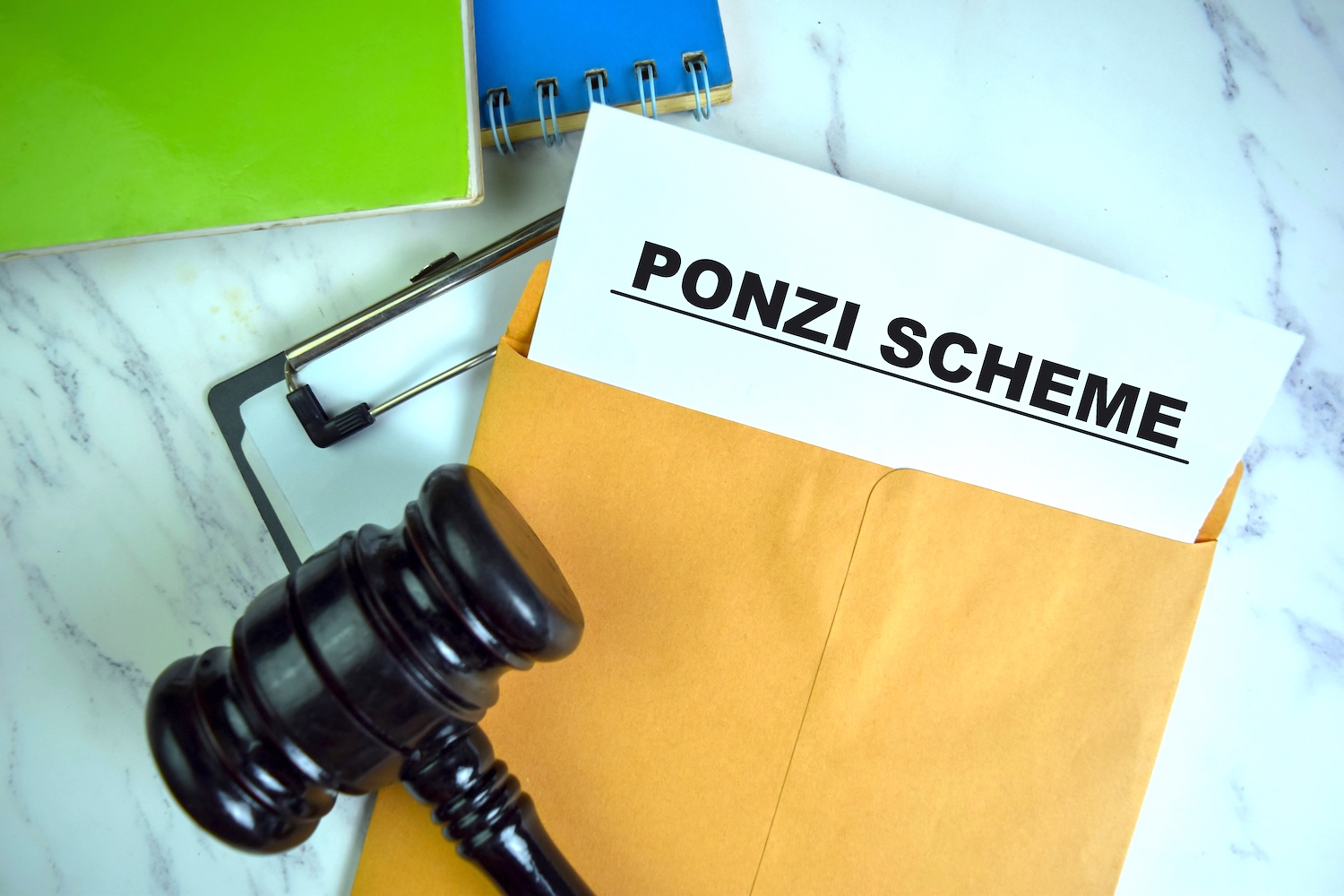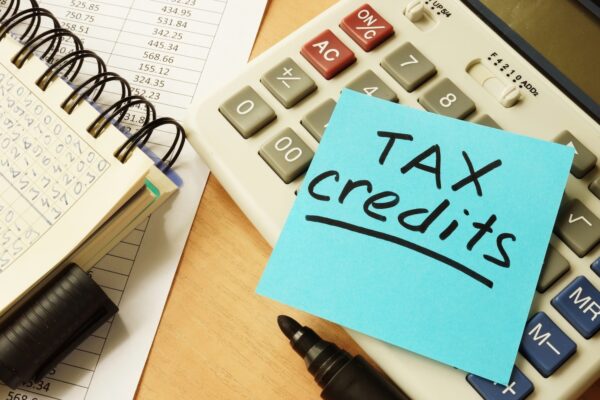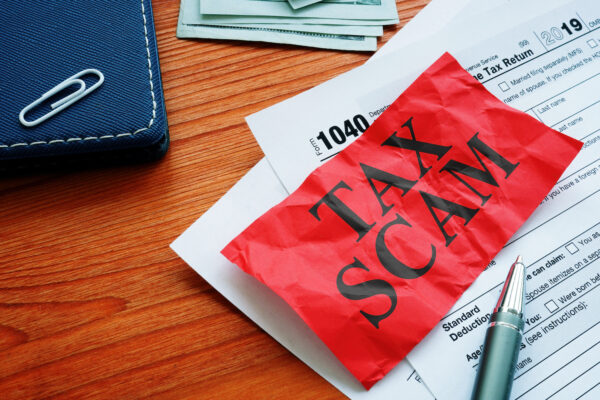As economic uncertainty continues to rise, with recession odds climbing and new tariffs creating added instability, one unfortunate trend is sure to follow: a surge in financial fraud. Specifically, Ponzi schemes – deceptive investment scams that thrive during boom times and unravel when the economy tightens – are more likely to collapse during a downturn.
Why Ponzi Schemes Resurface During Recessions
Ponzi schemes rely on a steady stream of new investor money to pay returns to earlier investors. When times are good and optimism is high, they can go undetected for years. But when markets tighten and investors want to withdraw their funds, the façade crumbles. This was the case during the 2008 financial crisis, the early COVID-19 pandemic, and now, potentially again as we face new economic headwinds.
In fact, according to Ponzitracker, 66 Ponzi schemes were uncovered in 2023 alone, involving nearly $2 billion in potential losses. And that’s just what’s been caught. Many more fly under the radar, until the music stops.
Even Smart People Fall for It
You might assume that Ponzi victims are uninformed or careless, but that’s often not the case. Many are savvy professionals, including doctors, dentists, and small business owners, who get caught up in the promise of high, consistent returns. After all, who wouldn’t want an investment that claims to beat market volatility, pays out reliably, and comes from a “trusted” advisor?
Bernie Madoff’s infamous scheme is a perfect example. Among his victims were experienced investors, celebrities, and financial experts. Trust and reputation often play a big role in these scams, and con artists are experts at building both.
Red Flags to Watch For
As a dental practice owner or manager, you’re likely focused on growing your practice and planning for your future. That’s exactly why fraudsters target professionals like you, busy individuals with discretionary income looking for “smart” ways to invest.
Here are key red flags to help you spot a Ponzi scheme before it costs you:
- Returns that are too good to be true. If the investment offers consistent, above-average returns regardless of market conditions, be skeptical.
- Lack of transparency. If it’s unclear how the investment works or where the money comes from, that’s a major warning sign.
- Pressure to reinvest. Being encouraged to “roll over” returns or keep funds in the program longer is a common tactic.
- Limited access to your money. Delays or restrictions when you try to withdraw funds often signal trouble.
- Unregistered sellers or products. Always verify that both the investment advisor and the investment itself are registered with the SEC or FINRA.
What to Do if You’ve Been Scammed
The IRS does offer some relief for those who suffer financial losses in fraudulent investment schemes. Under specific guidelines, you may be able to deduct the losses – including previously reinvested earnings – under certain conditions. And if you aren’t seeking any recovery, the IRS may allow a deduction of up to 95% of your loss using a safe harbor method.
However, this process can be complex. If you suspect you’ve fallen victim to a Ponzi scheme, talk to your accountant or advisor right away to explore your recovery and reporting options.
Stay Focused and Stay Cautious
While investing is an important part of securing your financial future beyond the dental chair, it’s critical to proceed with caution, especially in times of economic uncertainty. The best protection against a Ponzi scheme is awareness. Before handing over your hard-earned money, ask the right questions, verify credentials, and never invest in something you don’t fully understand.
Need a second opinion on an investment that seems a little too perfect, or better yet, help investing for the future? We’re here to help. Reach out to our team for trusted financial guidance tailored to dental professionals.




